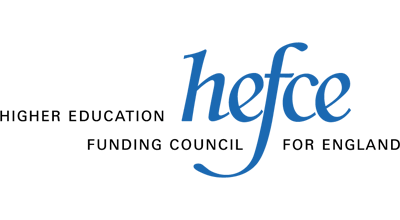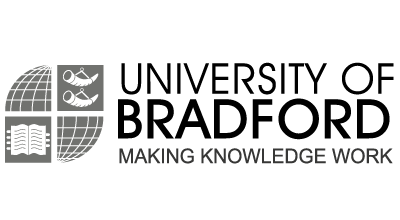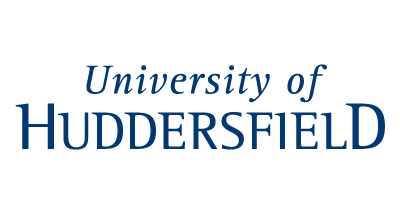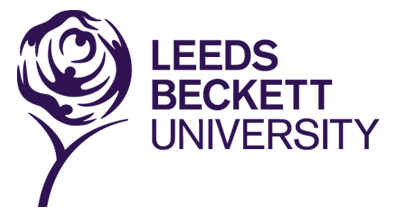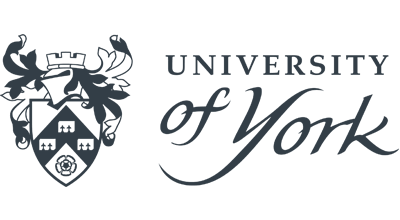Date published: 12/02/18
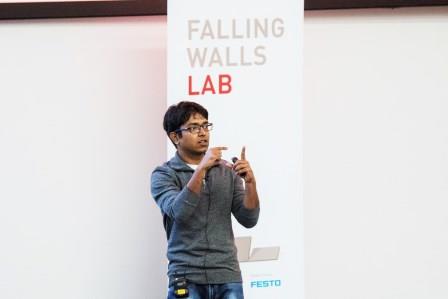
Using Virtual Reality to improve healthcare -Viswadeep Sarangi
- Current Organisation: University of York
- Current Position: PhD student – Department of Electronic Engineering
- Secondment organisation: Addenbrooke’s Hospital, Cambridge
Me and my research
I am a PhD student at the Department of Electronic Engineering at the University of York. I am exploring the applications of cutting edge technology like Artificial Intelligence (AI) and Virtual Reality (VR) to improve healthcare, both diagnostics and rehabilitation aspects of medical procedures. The key aspect of the innovation relies on the style of walking (gait), which has been used by doctors and clinicians for decades, but in a very traditional and qualitative sense.
I intend to break that wall of communication and intelligence between the doctor and general public, by teaching a computer to look at and analyse the same things in gait that the doctor does, and provide an easy to understand way of presenting its findings. A huge challenge in bringing this project to life is the lack of access to expert doctors, to understand their thought process and real patients afflicted with the diseases.
My challenge
Finding a secondment with clinicians would go a long way towards bridging this gap in knowledge and skill. The secondment will provide me with access to the gait analysis lab at Addenbrooke’s Hospital and their technologies, but more importantly the opportunity to observe and learn from the way doctors diagnose and monitor patients afflicted with gait-impairing diseases.
My secondment
My secondment will take place at Addenbrooke’s Hospital, Cambridge. They have excellent infrastructure in their gait analysis lab. Dr Thomas Stone, who is highly skilled, runs the lab, and is in charge of the clinical trials. His experience in gait analysis makes him the best person to work alongside to understand existing technologies and medical knowledge used in this analysis. I am also thankful to my supervisor, Dr Adar Pelah and his medical personnel for their support, knowledge and collaborations.
I need to understand the existing system of technologies completely before I can find the exact aspects that could and should be improved, and the secondment at Addenbrooke’s would be perfect for this. As most gait analysis labs in the UK (and the world) use the same standard of analysis, innovating at Addenbrooke’s would help me extend the technology in other hospitals and clinics as well, potentially forming more collaborations.
Providing a personal touch to medtech innovation
My research explores the advantages of innovation in medtech in diagnosis and rehabilitation of patients, using their walking style as a judgement criteria.
My visits and trials at Addenbrooke’s Hospital have been informative and have clarified the clinician and patient viewpoint.
My usual role in the University involves analysing the data that has been gathered using the technology from the gait analysis lab, extracting important features from it for training the Artificial Intelligence (AI). It was really interesting being on the other side, to observe the process of initiating clinical trials, reserving patient slots and performing the trial to record the data. It gave the whole process much more perspective to see it first-hand.
Understanding the patient’s perspective has been key during the secondment. Talking to the patients before and after the trial sessions helped me understand their expectations on a very personal level and how technology can help make their rehabilitation process smoother and even more enjoyable, which aids in recovering faster as well. Being the son of physicians, I have always learned the importance of putting the patient’s’ needs first, and am really glad that I finally have the opportunity to do so.
Having worked with both the University and Addenbrooke’s, I have observed two different organisations with the same vision of improving lives of people through healthcare, but with widely different approaches.
After numerous conversations with patients and clinicians, I have now realised that existing technology and intelligent analysis is only a part of the whole rehabilitation process.
The chance of success in recovery also depends on factors like personal feedback from the trials process and how much the patients actually enjoy the process of rehabilitation. The more the patients enjoy the recovery process, the longer and more frequently they attended sessions, leading to much faster and happier recovery. Learning this led me to explore aspects of gamification in the trials, with very encouraging results. My supervisor (Dr Adar Pelah) has been extremely supportive in helping me to embed this new learning in our research to better facilitate diagnosis and recovery for patients.
This opportunity has been a privilege and I am looking forward to learning from further collaboration with Dr Nicholas Shenker, Consultant Rheumatologist, Cambridge University Hospital and Principal Investigator on the study, Elsje de Villiers, Senior Research Physiotherapist, Cambridge University Hospital, Dr Thomas Stone, Senior Clinical Scientist, Cambridge University Hospital and my supervisor, Dr. Adar Pelah, University of York.
Accurate diagnosis and rehabilitation
I am a 2nd year PhD student building a system to make the experience and knowledge of expert clinicians more widely available. In particular, I am trying to understand and develop technology that leads to accurate diagnosis and rehabilitation for conditions that affect walking (gait). The secondment has turned out to be a cornerstone in this, increasing my understanding of standard practices in clinical gait analysis and engaging with visionary researchers seeking to develop the next generation of innovative medical treatments.
My placement at Cambridge University’s Addenbrooke’s Hospital, part of the largest biomedical campus in Europe involved working with Dr. Thomas Stone, Head of Cambridge Clinical Movement Laboratory aiming to understand the technology and clinical practice at different stages of neurodegenerative and musculoskeletal diseases. Gaining insight into how patient data may one-day help create an artificially intelligent, virtual reality based solution for gait analysis for diagnosis and rehabilitation of gait impairing conditions.
I also attended Translate events and workshops where I met Dr. Abayomi Salawu (Consultant in Rehab Medicine, HEYHT) and Dr. Samit Chakrabarty (Lecturer in Neuroscience School of Biomedical Sciences, University of Leeds), which led me to a greater emphasis on patient engagement as part of the project, e.g. through gamification in virtual reality biofeedback environments, increasing patient compliance. More generally, the key has been to receive expert opinion in order to understand and improve outcomes and patient satisfaction.
The data and improved understandings gained will pave the way for incorporating artificial intelligence (AI) into the system, a set of powerful techniques that are set to transform the NHS and medical practice more widely. In addressing a major process of the current practice of reporting gait metrics in an ad-hoc manner, we have demonstrated the efficacy of using our system to quantify gait, which could easily be used as an assistive technology for not only patients undergoing gait-rehabilitation but also patients undergoing post-operative recovery.
The secondment has enabled us to extend collaboration to the USA, at the Center for Complex Systems and Brain Sciences at Florida Atlantic University (FAU), and to India, at the Advanced Medical Research Institute (AMRI) in Bhubaneswar, Odisha, India. Our prototype devices are already embedded with our US collaborators, and due to be delivered to our Indian colleagues in the near future.
I am thankful for the secondment, and to the amazing support given to us by the Translate team, we are rapidly achieving important research and translation objectives for the technology.


